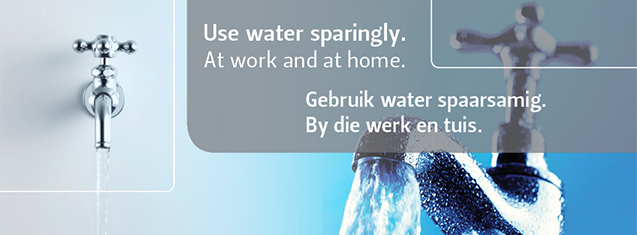Latest News Archive
Please select Category, Year, and then Month to display items
12 January 2024
|
Story Nonsindiswe Qwabe
|
Photo Sonia Small
 Since joining the UFS in 2008, Dr Grey Magaiza has worked extensively on approaches that can foster the socio-economic transformation of societies.
Since joining the UFS in 2008, Dr Grey Magaiza has worked extensively on approaches that can foster the socio-economic transformation of societies.
“The future should be one where communities can decide on their development agenda and futures. That’s the most important for me.” Dr Grey Magaiza, Deputy Director of the Centre for Gender and Africa Studies (CGAS) and Head of the Community Development programme on the Qwaqwa Campus, is passionate about capacitating communities to be agents of change and advancement. His vision for the future emphasises the empowerment of communities to take charge of their development by actively participating in decision making and the implementation of development projects that can improve their lives.
Since joining the UFS in 2008, Dr Magaiza has worked extensively on approaches that can foster the socio-economic transformation of societies. Over the years, he has crafted his research speciality into one that he is most proud of – being an interdisciplinary scientist immersed in the development of communities.
“I’m in a fortunate position of researching what I like. I say ‘fortunate’, because I’ve taken the time to understand what I’m passionate about, which is the overall field of rural livelihoods and livelihood futures – in short, community development. My research starts from an engaged university, understanding the elements that a university must use to enhance transformation and relevance to its immediate community in terms of development.”
One of the ways he has done this is by looking at social entrepreneurship as a development approach for young people in a rural setting. Through workshops with non-profit and civic organisations in Qwaqwa, Dr Magaiza has been helping these organisations to map out their needs and actively meet them through the involvement and support of external role players.
“We understand that communities are part of the national development agenda, but even that national agenda respects community knowledge and intentions and allows communities to shape their identity. A critical enabler of this is community organising. You bring back the capacity in communities to have dialogues on issues affecting them as spaces for engagement, knowledge exchange, and for people to just talk about their way forward.”
By enabling communities to define their development agenda, they can address their specific needs, challenges, and aspirations, he said. “When I look at livelihood futures, it’s quite an exciting aspect of my work – it’s like looking into a fortune tellers’ globe, because you’re not deciding for communities what they should do, but the communities themselves take those decisions.”
Water use on campus
2015-12-14

Report water wastage on the campuses.
High temperatures and the fact that no rain was falling, puts pressure on the existing water supply. The Free State is one of the most arid areas in the country, and the province was also declared a drought area by the government.
It is therefore very important that the UFS community will use water sparingly – both where you live and in the workplace.
Report water wastage on the campuses by sending an email to news@ufs.ac.za or phone 051 401 3422.
Tips to use water sparingly in the workplace:
- Set up an inventory regarding water use and identifiable water management goals in your department. Control this to indicate progress.
- Keep a bottle of tap water in the fridge to avoid running the tap until the water is cold.
- Fill the kettle with water according to your needs.
- Sweep paving with a broom instead of washing it with water.
- Apply mulch to your garden, as it can reduce water use by up to 70%.
- Don’t rinse glasses and other dishes under running water. Plug the sink and reuse the water in the garden.
- Where possible, recycle water. Support projects making use of recycled water.
- When waiting for hot water to come out of the tap, place a bucket under the tap so that the cold water can be used later.
- Don’t let water run wild. Make sure all taps in the kitchen or bathroom are closed when leaving the office/residence.
Tips to use water sparingly at home:
- Showering can use up to 20 litres of water per minute. Take short showers, less than 5 minutes.
- Turn the tap off between washing your face, brushing your teeth or shaving
- Ensure that you have a full load of washing when using the washing machine.
Source: water tips: Rand Water, Bloem Water.